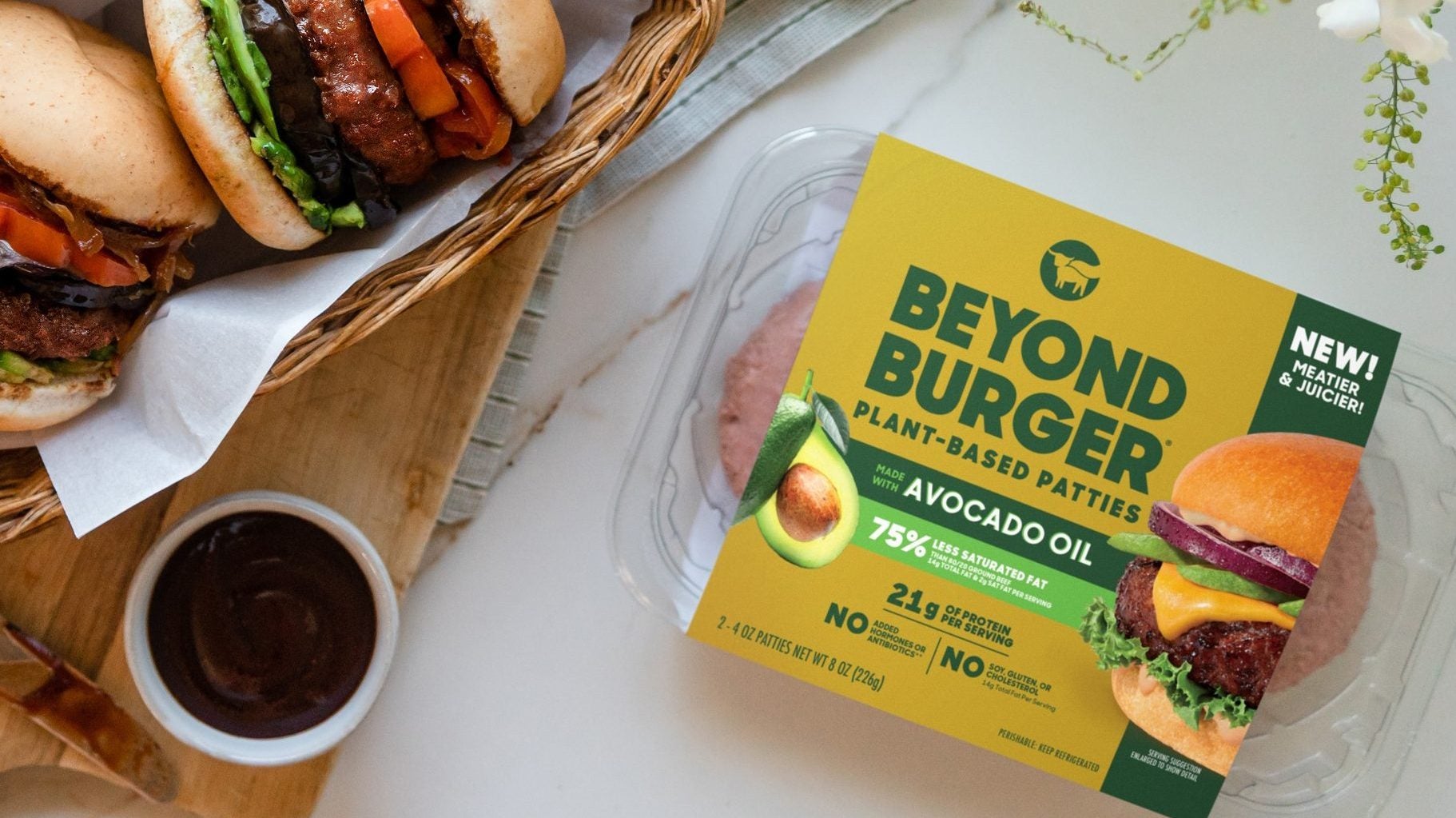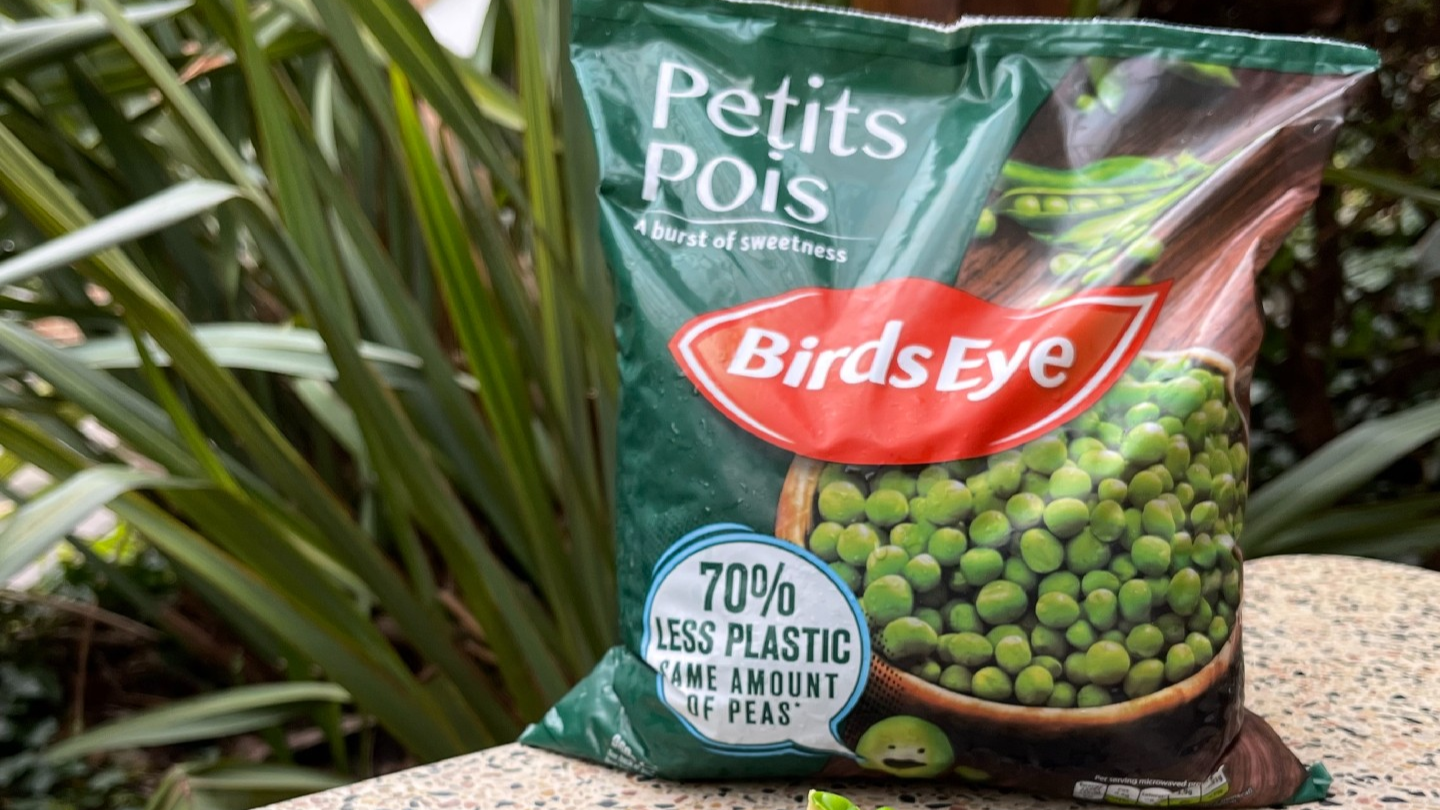
Consumer DECODED
Previous edition: 13 May 2024
Share article
Get the full version straight to your inbox.
Exclusive access to our best-in-class data & intelligence
Subscribe now
UK warned of self-sufficiency threat ahead of food summit
Analysis suggests a reduction in key arable crops as a result of lower crop area and poor yields will reduce UK self-sufficiency by 8%.

The UK’s food self-sufficiency is under threat because of a historically wet winter affecting crops, an energy and climate change think tank has warned.
Ahead of the government’s Farm to Fork summit with farming and food industry representatives in Downing Street tomorrow (14 May), the London-based non-profit organisation the Energy & Climate Intelligence Unit (ECIU) said its analysis suggests the country’s ability to feed itself is set to be reduced by 8% this year following one of the wettest winters on record.
Heavy rain in the winter months left much of the country's agricultural land saturated.
In a statement, the ECIU said “with soils too waterlogged and many fields flooded for much of the winter, many farmers have not been able to establish crops”.
It estimates that the reduction in key arable crops as a result of lower crop area and poor yields will reduce UK self-sufficiency by 8% when measured by volume, declining from an average of 86% between 2018 and 2022 to 78% this year.
It said the UK could become dependent on foreign imports for around a third of its wheat, with wheat self-sufficiency estimated to decline from 92% to 68% over the same period, while self-sufficiency in oilseed rape is estimated to plunge to an historic low of 40% from 75%.
The ECIU said that with other crops that have suffered due to the wet weather, such as field vegetables, potatoes and sugar beet, not included in its analysis, it is possible that an 8% reduction in headline self-sufficiency is an underestimate.
Linking the weather situation to climate change, Tom Lancaster, land analyst at ECIU said, “In 2021, the government warned that climate change was the biggest medium- to long-term threat to our food security. This analysis suggests that it is the biggest risk now, not at some far-off point in the future.
“Ultimately, we need to support our farmers to better cope with climate extremes, and Defra [the Department for Environment, Food and Rural Affairs]’s new green farming schemes will be crucial in this, building the resilience of our soils to floods and droughts, as well as planting trees and hedgerows that will trap carbon and slow flood waters.”
On the food summit, Lancaster said: “With its recent U-turns on climate policy, it’s possible the government will try to downplay the threat climate change poses to our food security at this summit, but farmers consistently report the changing climate is one of, if not the, greatest threats to their harvests. The only viable long-term plan for farming is getting to net-zero emissions when we are no longer making the problem ever worse.”
Just Food asked Defra to respond to the ECIU’s statement.
A Defra spokesperson said: “Food production, food security and backing our farmers are key priorities for this government and it’s why the Prime Minister is hosting the second UK Farm to Fork Summit.
“We are acutely aware of the impact the extreme weather can have on the farming community. We have protected over 900,000 acres of agricultural land from the impacts of flooding since 2015 and opened the Farming Recovery Fund, which provides grants of up to £25,000 ($31,350) to eligible farmers to return their land to the condition it was in before the exceptional flooding caused by Storm Henk.”
Latest news

Why have orange juice prices soared?
Drought, disease pressure and hurricanes have all been cited for volatile orange prices.

The wine trade in 2023 in six graphs
Just Drinks’ top picks from the International Organisation Of Vine and Wine’s report on the global wine trade in 2023.

Accolade, Pernod mum over reports of M&A talks
Wine group Australian Vintage said last week the company remained in talks over its own possible deal with Accolade.

Beyond Meat looks for positives but hard to look past some big questions
Beyond Meat hopes its new recipe can boost sales but it will still face some obstacles in driving repeat sales.

PAI Partners ‘in investor talks over fresh funds for Nestlé JV'
Bloomberg suggests it it wants to test investors’ appetite for a continuation fund that would help iextend the lifespan of its investment.

Nomad Foods still sees volume bouncing back after another decline
Nomad Foods has reiterated its guidance that sales volumes will become positive in the latter half of this year despite three consecutive quarters of drops.
In our previous edition

Consumer Decoded
“There's no silver bullet to the on-premise in the UK” - SIBA CEO on the UK indie brewing scene
10 May 2024

Consumer Decoded
Reining in the punks: What BrewDog's new CEO means for the UK brewer
09 May 2024

Consumer Decoded
Campari's “steady” Q1s - key takeaways
08 May 2024
Newsletters in other sectors
Aerospace, Defence & Security
Automotive
Consumer
Medical Devices
Travel and Tourism
Search companies, themes, reports, as well as actionable data & insights spanning 22 global industries
Access more premium companies when you subscribe to Explorer


